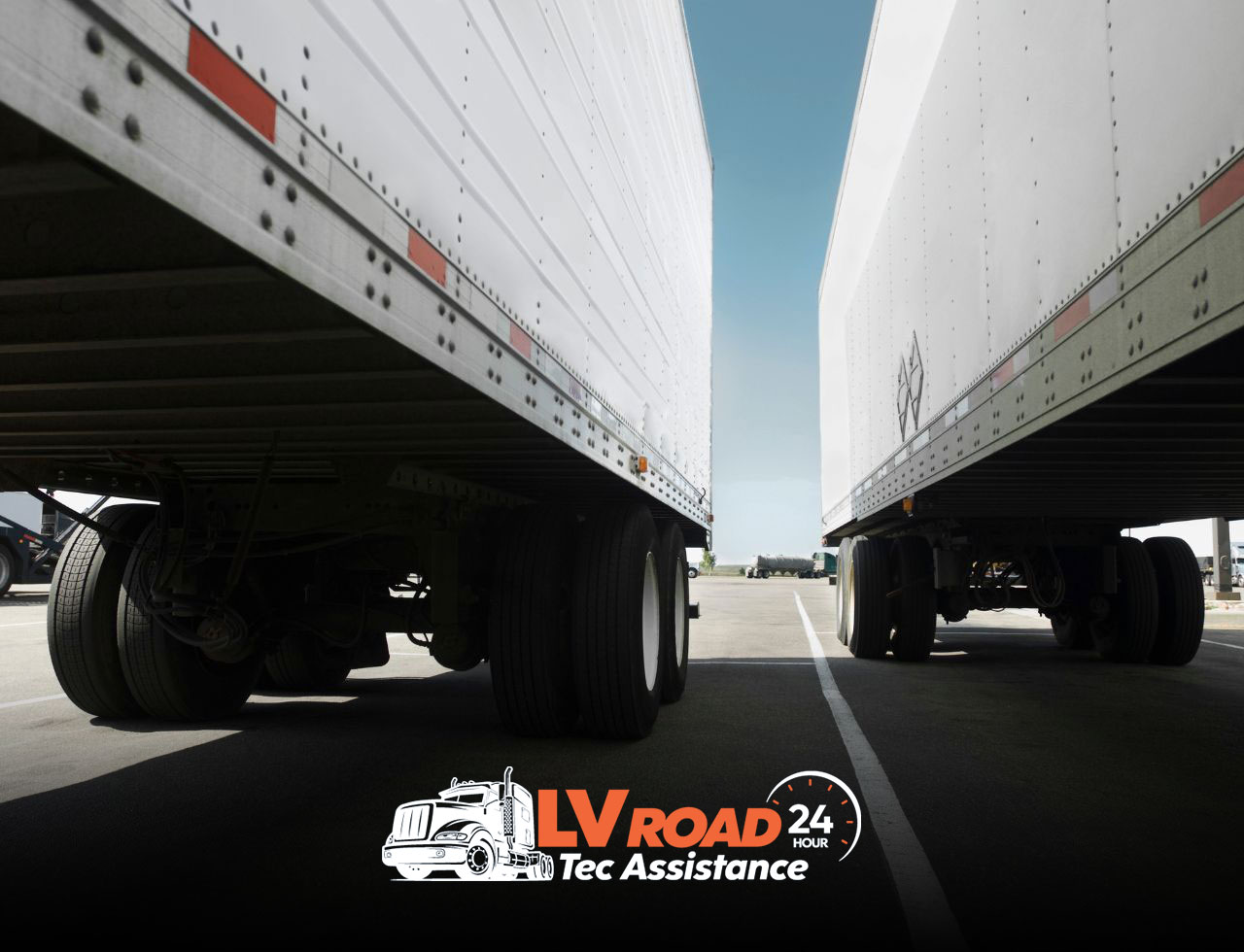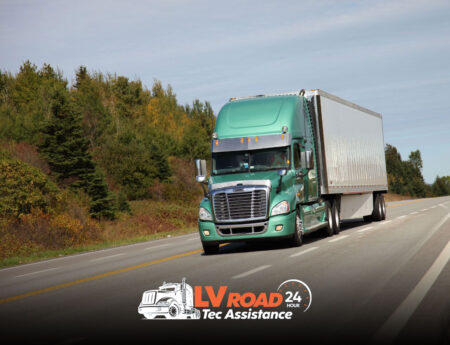
What Is the Difference Between a Semi-Truck and a Tractor-Trailer
What Is the Difference Between a Semi-Truck and a Tractor-Trailer? Understanding this distinction is crucial in the transportation sector. Often, these terms are mistakenly used interchangeably, which leads to confusion.
This article aims to demystify these terms, providing clarity for those interested in trucking and logistics. Semi-trucks and tractor-trailers are integral to the global supply chain, yet they have distinct purposes and features.
We can better appreciate their importance in transportation by exploring their unique functions, operational dynamics, and specific applications. This exploration will enlighten trucking enthusiasts and enhance general knowledge about the efficient movement of goods over long distances.
Understanding the Terms: Semi-Truck and Tractor-Trailer
Firstly, it’s essential to understand what each term specifically refers to. “A semi-truck” combines a tractor unit and a semi-trailer. The semi-trailer attaches to the tractor, relying on it for movement. In contrast, a “tractor-trailer” is a more inclusive term, encompassing both the tractor and any type of trailer it hauls, including a semi-trailer.
Key Differences: Focus on Functionality
The primary difference lies in their functionality and composition. A semi-truck is a specific configuration of a tractor and a semi-trailer designed for efficient cargo transportation. The tractor, or the front part with the engine, is the power source, while the semi-trailer carries the load. On the other hand, tractor-trailers refer broadly to any tractor unit combined with any trailer, which may include flatbeds, tankers, or other types of trailers besides semi-trailers.
The Semi-Truck: An In-Depth Look

The semi-trailer attaches to the tractor through a fifth-wheel coupling in a semi-truck. This design allows a portion of the trailer to rest over the tractor, distributing weight more evenly and allowing for larger cargo capacity. The semi-trailer cannot stand independently when detached, as it lacks front wheels.
Tractor-Trailers: Versatility in Play
Tractor trailers, in general, offer more versatility. The tractor can be coupled with various trailers based on transportation needs – a semi-trailer for general cargo, a tanker for liquids, or a flatbed for oversized loads. This adaptability makes tractor-trailers a broad category that can cater to diverse logistical requirements.
Comparing Steering and Maneuverability
Both configurations share similar steering mechanisms, often utilizing hydraulic power steering for easy maneuvering. However, the type of trailer attached can significantly affect the handling and maneuverability. Semi-trailers, for instance, have unique pivot points and turning characteristics due to their design.
Transmission and Power: A Shared Feature
Regarding transmission and power, both semi-trucks and tractor-trailers generally share similar features. They may have manual or automatic transmissions, with gear ratios and systems designed to optimize fuel efficiency and performance, regardless of the trailer type.
Understanding the Distinctions
While the terms seem interchangeable, semi-trucks and tractor-trailers have distinct characteristics and functionalities. A semi-truck refers specifically to a tractor pulling a semi-trailer, while a tractor-trailer is a more general term that encompasses a variety of trailer types being towed by a tractor. Recognizing these differences helps in appreciating the diversity and complexity of vehicles on our roads.
Thanks for taking the time to learn about “What Is the Difference Between a Semi-Truck and a Tractor-Trailer” with us at LV Road Tech Assistance. We’re thrilled you joined us on this journey. If you’re curious to discover more or have questions, we’re here to help. Feel free to contact us at LV Road Tech Assistance for more insights into logistics.
